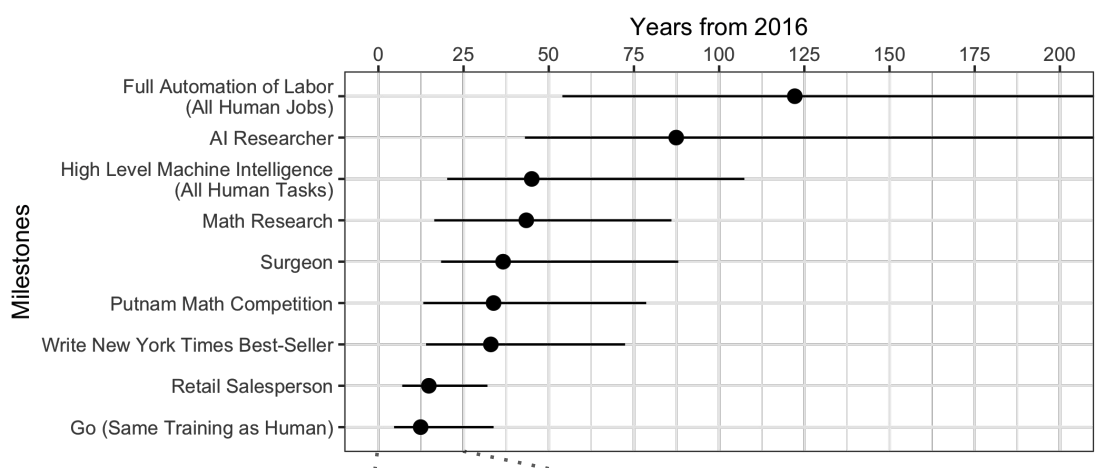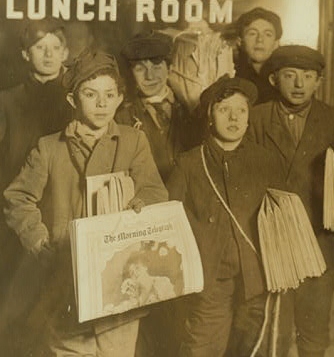AI and the Transition Paradox

The most important development in human history will take place not too far in the future. Artificial intelligence, or AI for short, will become better (and cheaper) than humans at most tasks. This will generate enormous wealth that can be used to fill human needs.
However, since most humans will not be able to compete with AI, there will be little demand for ordinary people’s labour-power. The immediate effect of a world without work is that people will lose their primary source of income and whatever meaning, mastery, sense of belonging and status they get from their work. Our collective challenge is to find meaning and other ways to reliably get what we need in this new world.


